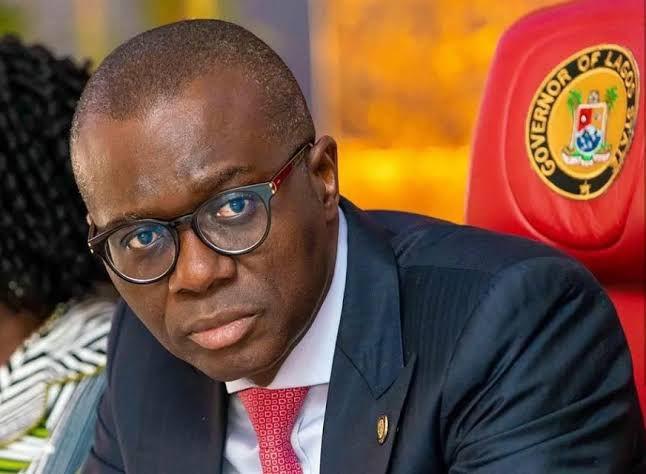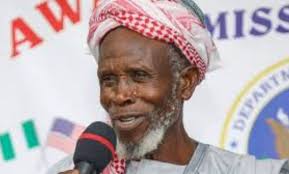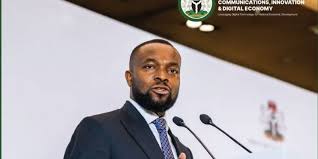
Lagos State Governor Babajide Sanwo-Olu has said the newly launched Omi-Eko Project will revolutionise transportation across the state by turning Lagos waterways from “barriers of separation into corridors of opportunity.”
Speaking on Friday at the project’s official unveiling in Lagos, the Governor described Omi-Eko meaning Water of Lagos as a milestone initiative aimed at building a sustainable, technology-driven water mobility ecosystem that will ease road congestion and promote cleaner urban transport.
Sanwo-Olu said the project represents a comprehensive blueprint for the future of mobility in the state, merging innovation, environmental consciousness, and smart infrastructure to create a seamless commuting experience.
“Our goal is clear: a Lagos where movement is seamless, the air is cleaner, and the waterways become corridors of opportunity rather than barriers of separation,” the Governor said. “We are not just improving transportation; we are redefining mobility. We are not just managing water; we are mastering its possibilities.”
Africa’s Largest Water Transport Investment
The Governor’s Special Adviser on Blue Economy, Damilola Emmanuel, described the $410 million Omi-Eko Project as the largest inland waterways investment in Africa.
He traced the evolution of Lagos water transport from the creation of the Lagos State Waterways Authority (LASWA) under former Governor Babatunde Fashola, to its expansion and modernization under Sanwo-Olu, who he said has “brought life to the master plan and turned vision into reality.”
Emmanuel explained that the initiative will deploy over 70 hybrid-electric ferries, significantly cutting carbon emissions and modernizing Lagos’ transport fleet.
He added that the project also includes upgrading 20 jetties and terminals, dredging and channelising 15 new routes for faster and safer travel, and supporting operators in the informal sector through a vessel industry transition programme.
Global Support and Environmental Impact
The Omi-Eko Project is backed by international partners including the Agence Française de Développement (AFD), the European Investment Bank (EIB), and the European Union (EU).
EU Ambassador to Nigeria and ECOWAS, Gautier Mignot, said the project fits within the Abidjan-Lagos Transport Corridor, a key component of the EU’s Global Gateway Strategy for Africa.
“Omi-Eko offers greener, more inclusive, and resilient urban mobility for Lagos. Each year, CO₂ emissions will drop by 41,000 tonnes, while 25 million passengers will save up to three hours of travel time during peak hours,” Mignot said.
He noted that Lagos, one of Africa’s fastest-growing cities, faces immense transportation challenges that the project aims to address through sustainable solutions.
Also speaking at the event, French Minister for Europe and Foreign Affairs, Jean-Noel Barrot, praised the initiative as a reflection of Nigeria–France cooperation, saying the project’s use of electric ferries will “thrive amid rising sea levels and suppress carbon emissions.”
Emmanuel described the project as a bold step toward building a blue economy that benefits everyone from transport operators and private investors to everyday commuters.
“This is no longer a dream; we are living the dream,” he said. “As Lagos learns to move with its waters, it will discover the rhythms of its prosperity.”



